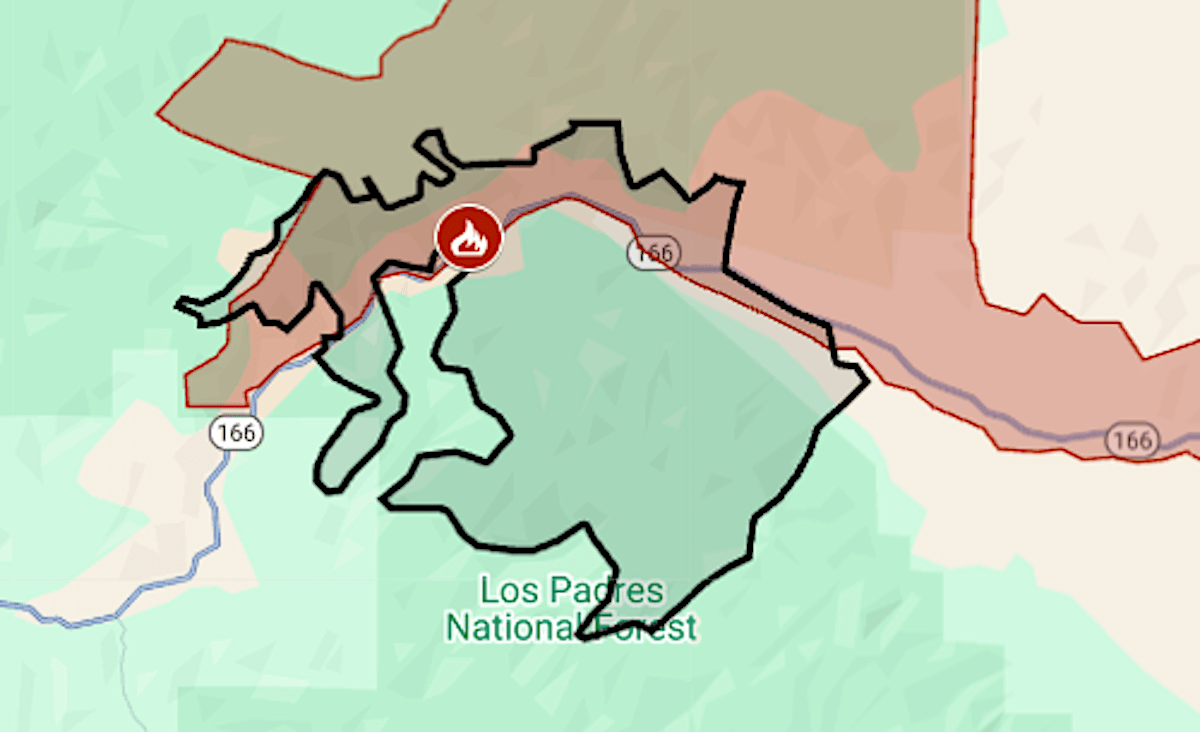In one of the largest settlements in state history involving a police dog, San Jose has agreed to pay $1.6 million to a robbery suspect after the K9 ripped his throat to shreds and repeatedly ignored officers’ commands to stop biting the man.
The incident is among a rash of settlements by Northern California law enforcement agencies in K9 bite cases over the past few years.
In the San Jose case, Anthony Paredes suffered psychological damage and permanent impacts to his speaking abilities. He sued the police department for excessive force after the 2020 incident.
“Anyone who watched the video would have thought he was going to die,” civil rights attorney Izaak Schwaiger said. “They exhibited an utter disregard for human life. It’s disgusting and I think that reflects in the settlement amount.”
The San Jose Police Department declined to comment on the settlement and questions about the protocols of its K9 unit, citing its policy of not speaking on matters associated with litigation.
Police had responded to a call on Feb. 7, 2020, of an unarmed robbery at the Safeway on Berryessa Road. According to court records, Paredes was cashing a check across the street while his girlfriend attempted to steal alcohol from the grocery store, where a security guard apprehended her.
After police officers and a helicopter arrived at the scene, Paredes ran and hid in the backyards of nearby residences before jumping into a garbage can to evade authorities.
The officers eventually knocked over the can with Paredes yelling, “Alright! Alright! Alright!” and “Hold on guys,” in an attempt to surrender. But when the can was lifted off Paredes, Officer Michael Jeffrey commanded his K9, Tex, to bite.
Tex held on to Paredes’ neck for about one minute, refusing 22 commands to release his bite. When the dog did not stop biting, Jeffrey pulled Tex by his collar twice, lifting Paredes off the ground for nearly 30 seconds with the dog still clamped around his neck. Police later learned that Tex’s e-collar — a device used to shock animals to follow commands — became dislodged.
While the City Council unanimously approved the settlement without issuing any comments, San Jose Mayor Matt Mahan recognized the severity of the case in an interview with The Mercury News.
“Clearly, that case was an unfortunate one and the settlement is an acknowledgment of that,” Mahan said. “We use our K9s as a lesser alternative to deadly force. That is the entire intention and we do relatively well in our measured use of force, but that is not to say we do not need to keep working to do better.”
But Schwaiger said the incident is symptomatic of systemic issues within the police department’s K9 Unit.
Schwaiger pointed to how 911 audio and video from the helicopter contradicted the police department’s justification for the use of force, including its belief that Paredes possessed a “bladed weapon,” and showed Paredes attempting to surrender.
He said that among the facts of the case that made the conduct so egregious was that the department knew Tex did not respond to commands to release his bite, and it had later kicked his handler off the K9 unit.
U.S. District Court Judge P. Casey Pitts, who presided over Paredes’ lawsuit, noted in court documents filed in December that six body camera videos over the year showed Tex engaging in nearly identical behavior, including four months prior to the incident with Parades.
“It is undisputed that the behavior in each of these videos — namely, the duration of Tex’s bites, his failure to release upon command, and (Officer Michael) Jeffrey’s pulling against the bite — is out of step with canine certification procedures and industry practice,” Judge P. Casey Pitts wrote in a December order. “This, coupled with the similarity between the six videos and Paredes’s arrest, could lead a jury to conclude that the city’s failure to take any action against Jeffrey despite its knowledge of his prior conduct led directly to the violation of Paredes’s Fourth Amendment Rights.”
Along with the Paredes case, several other K9 incidents in region have recently led to near seven-figure settlements in last few years.
The Sonoma County Sheriff’s Office settled a K9-bite case in 2023 for $1.35 million after K9 Vader ripped up a Graton man’s leg while he was already on the ground.
More recently, a woman suspected of shoplifting from a cosmetics store received a nearly $1 million settlement in November after a Brentwood police K9 mauled her, biting and pulling off her scalp.
The largest known settlement for a K9 bite came from a July 21, 2013, incident where a Kern County Sheriff’s Office dog escaped its holding kennel and refused to stop biting a woman’s leg for between 60 and 90 seconds.
The Paredes case was one of a handful of lawsuits the police department has faced over the past few years about its K9 unit, with public records showing the Paredes case one of the largest in ever paid out in California.
In one of the most recent cases, Fernando Villanueva-Galvez accused police — who had responded to calls related to a laundry room altercation — of releasing a police canine into his apartment while he slept and letting the dog bite his face and chew off half his ear for nearly 90 seconds, leading to permanent disfiguration.
Related Articles
Antioch City Council appoints two members for police oversight commission
Jury awards $10 million to former cop who accused California police of discrimination, harassment
Deputies won’t face charges in deadly shootout on California highway that killed teen and her fugitive father
Video shows 4 California cops fired at man who turned out to have a BB gun
San Jose police officers cleared in fatal shooting last September
While a few cases have gained prominent attention, Schwaiger said those incidents only present a limited picture of the San Jose police department’s use of K9s, referencing the hundreds of times its dogs have bitten suspects over the past several years.
Schwaiger said that he hoped the Paredes would lead to change, but unless the department undertakes serious reforms, he imagined more cases coming to light with taxpayers forced to dole out significant sums.
“I imagine,” Schwaiger said, “I’ll be seeing them again.” .





